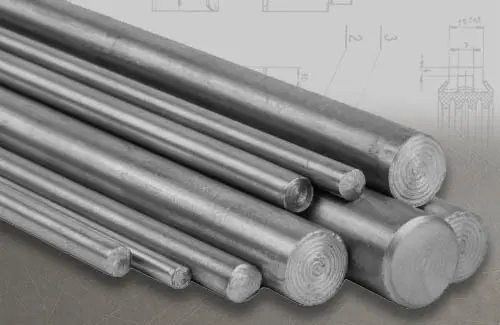The regular price is the current manufacturer's recommended price! FREE shipping for orders over EUR 41,67 within CZ+SK (PPLparcel)

S2 steel is a type of tool steel known for its exceptional toughness and impact resistance. It belongs to the group of so-called “shock-resisting” steels according to the AISI classification, specifically to class S (S1 to S7). S2 is also often referred to as UNS T41902.
This steel is often used in tools and industrial applications where the material needs to withstand high mechanical stress and impact.
Typical chemical composition
• Carbon (C): 0.40–0.55%
• Silicon (Si): 0.90–1.20%
• Manganese (Mn): 0.30–0.50%
• Molybdenum (Mo): 0.30–0.60%
• Vanadium (V): ≤ 0.50%
• Iron (Fe): remaining
This combination of elements provides high toughness and impact resistance, making it ideal for tools subjected to repeated loads.
Mechanical and physical properties
• Density: 7.79 g/cm³
• Modulus of elasticity: 190–210 GPa
• Poisson's ratio: 0.27–0.30
• Thermal expansion: 10.9 × 10⁻⁶ /°C (in the range of 20–100 °C)
• Hardness (Rockwell C): up to 59–60 HRC
• Tensile strength: up to 2150 MPa
• Yield strength: up to 2000 MPa
Uses
Thanks to its toughness and impact resistance, S2 steel is ideal for the production of:
• screwdrivers and bits
• chisels
• punches
• pressing and forming tools
• pneumatic hammer tools
• parts exposed to high dynamic loads
Its ability to absorb shocks without breaking makes it suitable for demanding applications where reliability and durability are key.
S2 steel combines hardness and toughness, making it ideal for tools that must be extremely durable and functional even in harsh conditions. For example:
Screw bits: They are less prone to cracking or wearing out even when used on hard materials.
Hammers or chisels: Withstand repeated impacts without breaking.
Torque wrenches: They can easily handle high torques.
We selected more articles for you: